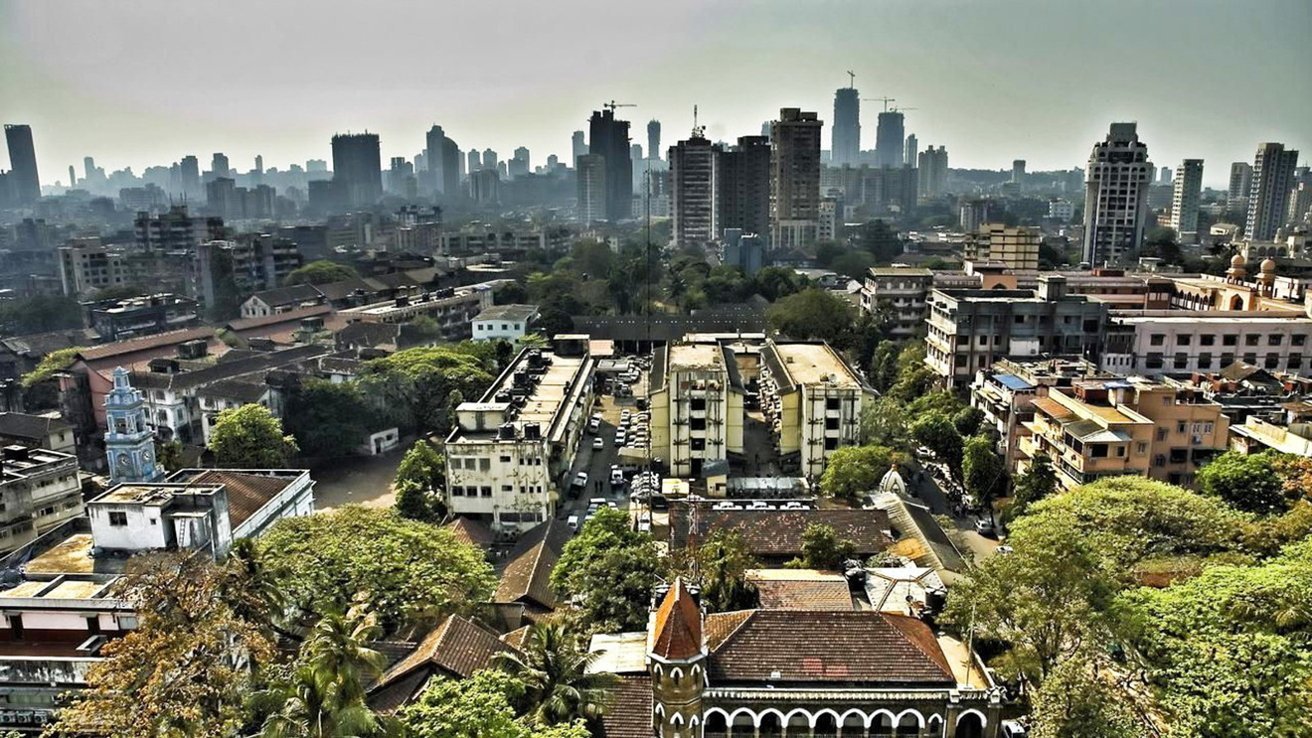India's government wants answers about iPhone hack alert
India's government says Apple hasn't provided nearly enough information about a hack warning that popped up on iPhones in 2023.

Mumbai, India
Apple warned independent journalists and opposition politicians in India of possible government hacking attempts. Indian government officials responded by targeting Apple instead of addressing the hacking concerns.
Officials demanded to know why the attacks happened and had asked Apple two "simple questions" in an attempt to find the answer, according to Times of India.
Rajeev Chandrasekhar, the Minister of State for Electronics, said that the government had asked Apple if its devices are secure and, if so, why was the alert sent to opposition members.
"In my view, no proprietary platform will fully admit to having vulnerabilities in their platform. There's a tendency in any platform to deny the existence of vulnerabilities," he said.
Allegedly, Apple did not provide satisfactory answers.
"They've provided a number of clarifications, including one on the same day stating that this has nothing to do with a state actor," Chandrasekhar said. "But we pushed them further: if it has nothing to do with a state actor, then what is this notification?"
Chandrasekhar notes that this is a problem as the Indian government doesn't have the necessary expertise to understand what goes on under the hood of an iPhone.
"We certainly don't have the R&D (research and development) capability in the government to understand what's in the iOS and what's not, and Apple certainly isn't going to disclose its proprietary technology to us. So we contacted them," Chandrasekhar added.
The conflict between Apple and the Modi government underscores the challenges faced by Silicon Valley in India. Apple considers India to be a crucial market and has been careful not to offend the Indian government, which is aiming to attract major manufacturers like Apple to boost economic growth.
Read on AppleInsider

Comments
The Indian government has been accused of installing Pegasus malware on the devices of their opposition:
https://www.theguardian.com/news/2021/dec/17/pegasus-spyware-found-on-phone-of-jailed-critic-of-narendra-modi-
Chandrasekhar says that people don't have a right to lie or incite violence:
https://www.newindianexpress.com/nation/2024/Feb/19/apple-s-reply-on-device-vulnerability-not-totally-clear-mos-it-on-iphone-alert-to-mps
"some people take the view that free speech is an absolute right and it has to be protected which may be true for the US but the Indian constitution has reasonable restrictions on it.
"Fundamental right to free speech does not mean you have a fundamental right to lie, or provoke or create public order disturbances because you are inciting violence""
https://news.knowledia.com/IN/en/articles/government-has-the-right-to-lawful-interception-rajeev-chandrasekhar-on-11f81bba7e6f862f7029c58f2f5906ee6dd48031
"Governments do have the right to have lawful interception where national security is at risk and respect our fundamental rights, said Rajeev Chandrasekhar, minister of state for electronics and IT. Speaking at the Times Now Summit 2021 and answering questions on the recent scandal over Pegasus snooping , Chandrasekhar also said that the government has had the right to lawful interception for decades were phone calls of suspected criminals were intercepted."
They have been accused of suppressing dissent by prosecuting people for lying or inciting violence and they link people to it by spying on their communications.
Apple is warning people when someone tries to hack their devices. When they are political targets, they are most likely being targeted by the state. It could be a 3rd party agency (or individual) used by the government and if that's the case, the government doing it would understandably like to know if it's successful and how they are detecting the intrusion.
All Apple is doing is telling the people being hacked that this is happening, it doesn't matter who is responsible for it as far as Apple's warning is concerned. All that matters is that the targets are informed and protected from it.
"Is the platform secure?"
Ummmm.... that's a loaded question. Any platform is always going to be under attack, thereby requiring ongoing efforts to keep it secure.
A better question is:
BIG difference between those two questions.
1. How did you figure out how these devices were compromised.